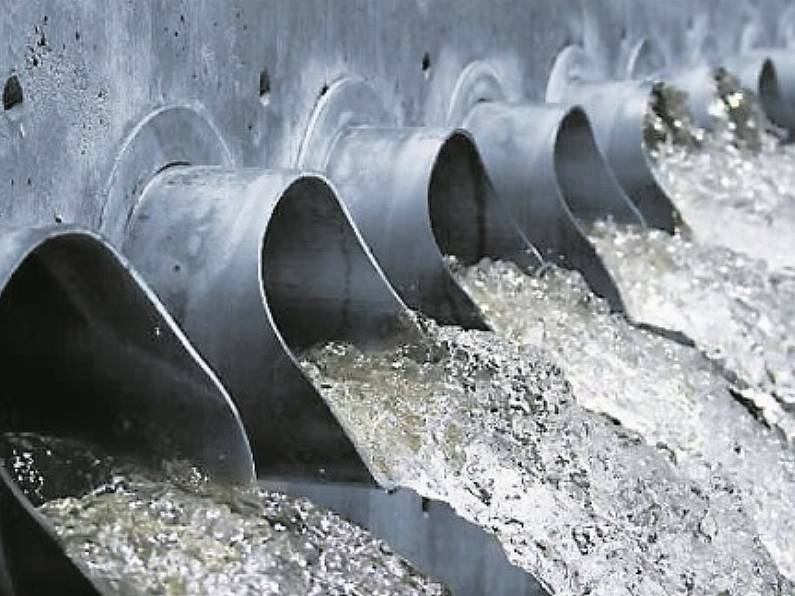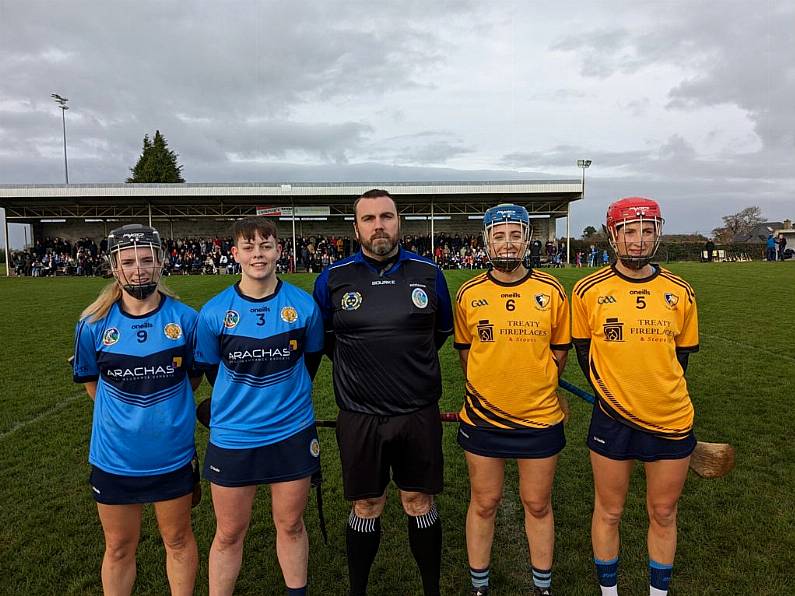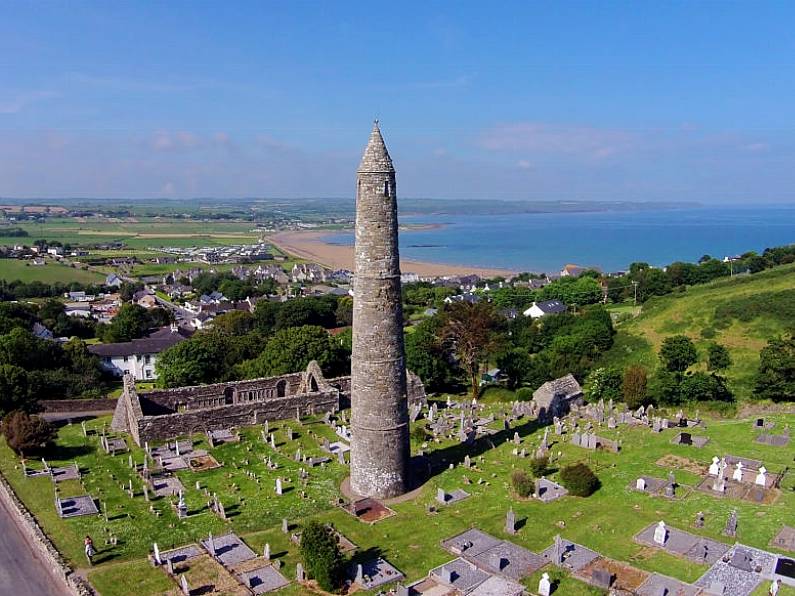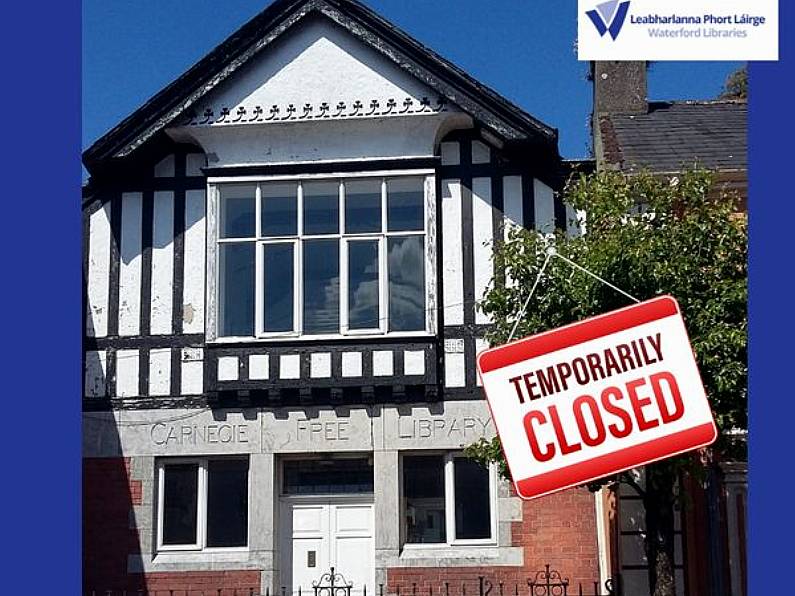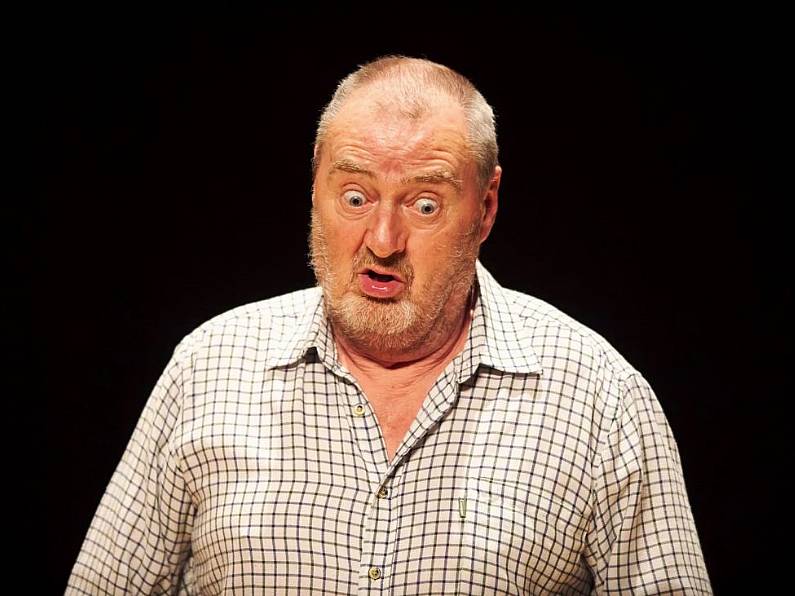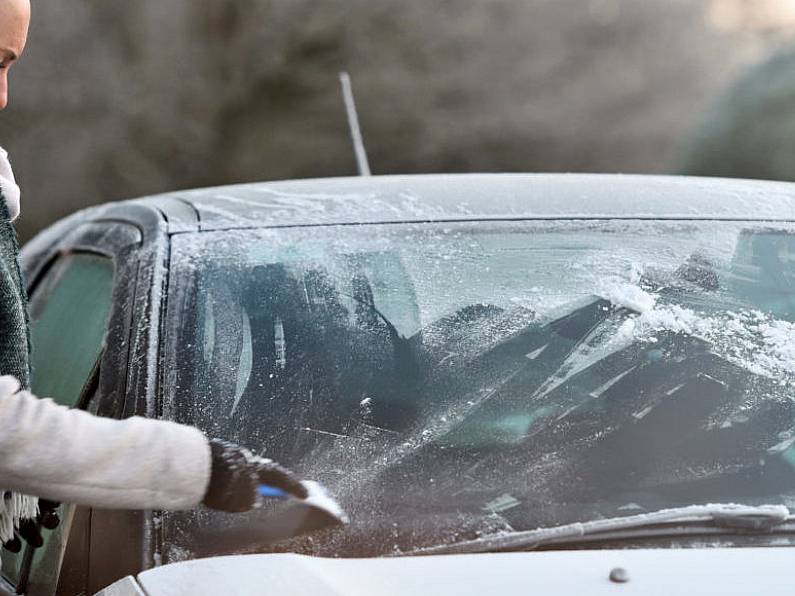Raw sewage from 35 towns and villages across the State continues to be discharged into nearby waters, according to an Environmental Protection Agency report which is critical of Irish Water’s delivery of new treatment plants.
None of those locations are in Waterford, however, the Wexford seaside towns of Duncannon, Arthurstown and Ballyhack all continue to pump raw sewage into the Suir estuary.
According to the Irish Times, in a new report on urban wastewater treatment for 2019, the agency accuses the utility of pushing back deadlines and of having “no clear plan” for 23 of the towns and villages on the list.
In all, 33 places are unlikely to receive treatment until an undetermined date after 2021, it warns – including Arklow and Cobh, which have a combined population of 32,000.
Meanwhile, treatment at 19 of of the State’s 172 large towns and cities, including Dublin and Cork, failed to meet European Union pollution standards – although this is down from the 28 places registered previously.
Portlaw is listed as one of 19 locations where water treatment failed to meet EU standards, however the EPA report is based on 2019 analysis and at the end of 2019 the upgrade at Portlaw was completed which means that Waterford is now free from sewage discharge.
An ongoing issue of raw sewage discharge at Arthurstown and Duncannon is directly impacting water quality in our estuary, with consequences for our shellfish fisheries among others. It may not emanate from #Waterford, but we feel the effects!@GraceOSllvnhttps://t.co/tTocLf362Z
— Marc Ó Cathasaigh TD (@MarcKC_Green) November 12, 2020
Wastewater treatment
Some improvements are evident, the report accepts. Raw sewage discharges have stopped in one town, while improvements to wastewater treatment have been made in nine towns and villages.
However, Irish Water has “repeatedly revised its plans and extended the timeframe to provide treatment for towns and villages including those that are discharging raw sewage”, it says.
Director of the agency’s Office of Environmental Enforcement Dr Tom Ryan said raw sewage discharges pose an unacceptable risk to the environment and public health.
Growing uncertainty in Irish Water’s planning and delivery of critical projects is undermining confidence in its ability to reduce public health and environment risks quickly, he added.
Defending the utility’s record, Irish Water managing director Niall Gleeson said €308 million was spent in 2019 improving wastewater treatment – up by €78 million from 2018. “We are making real and tangible progress,” he said.



